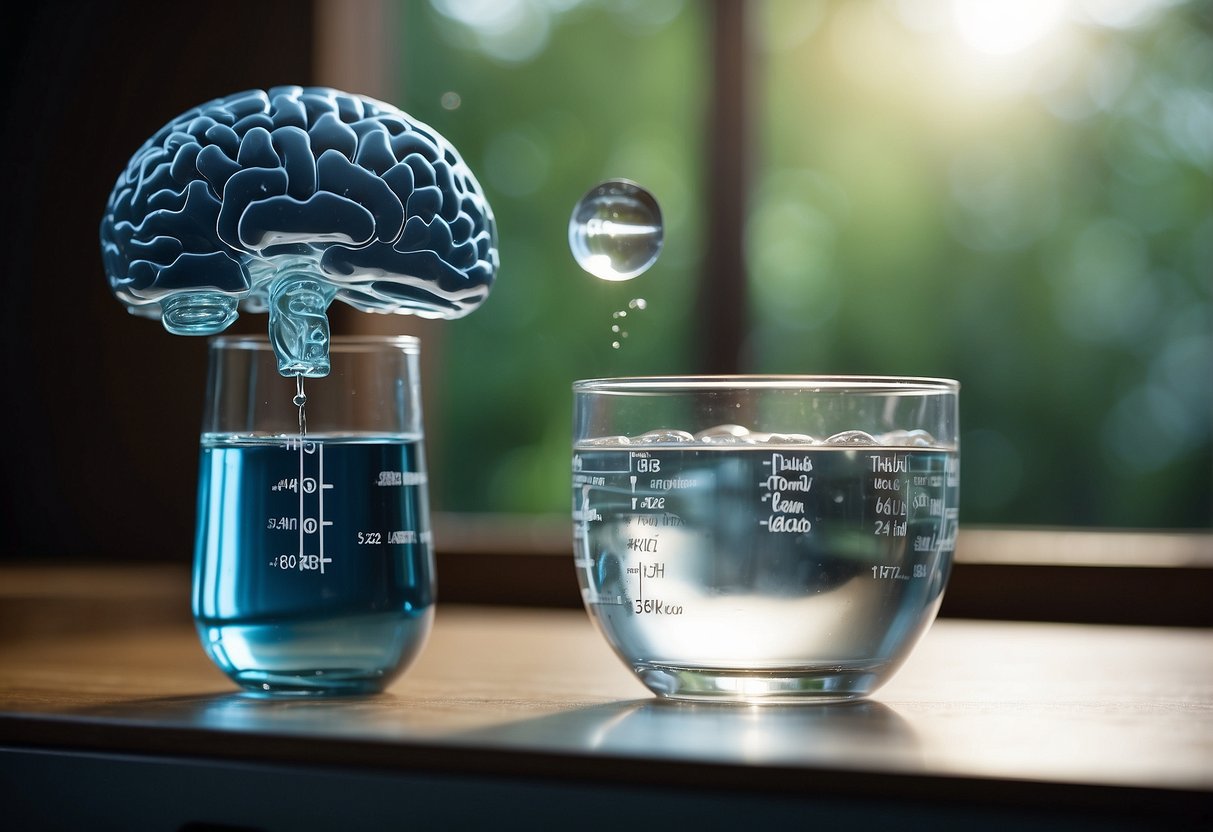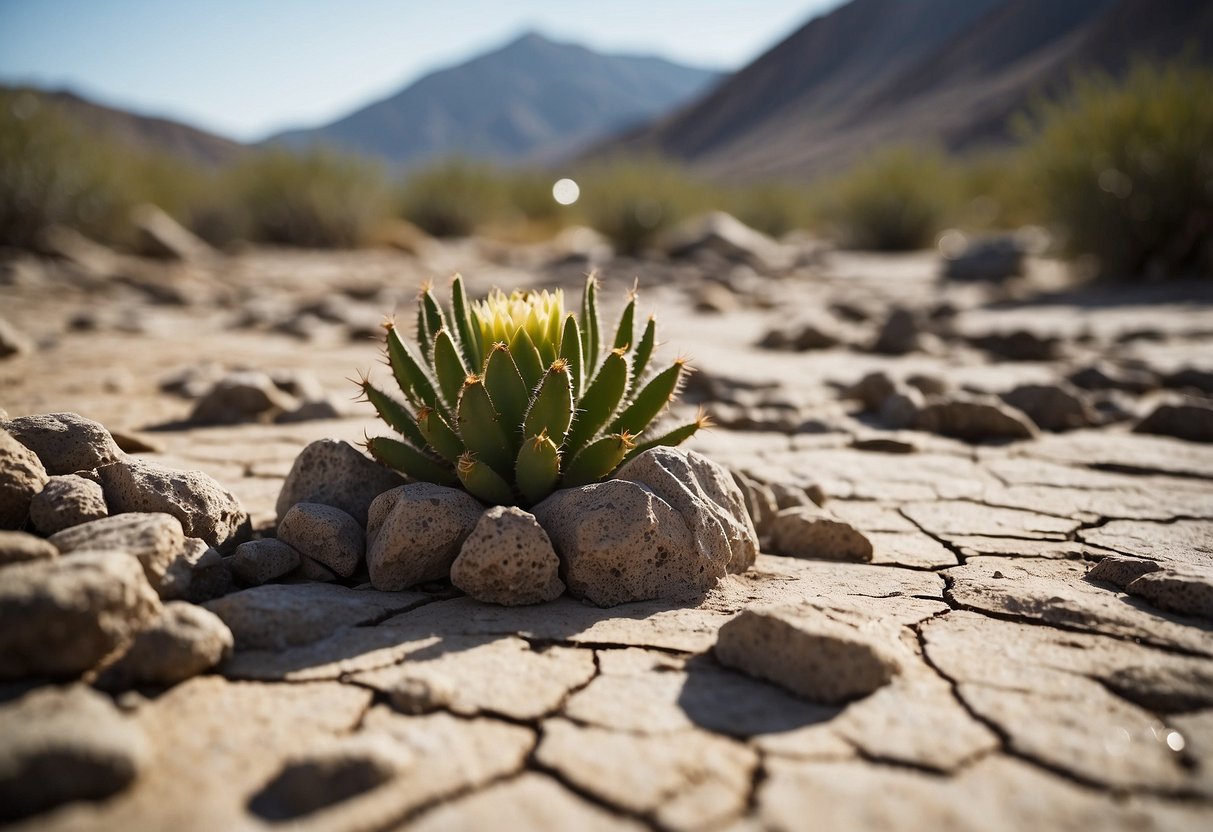
Hydration and Cognitive Functions

Proper hydration is essential for maintaining optimal cognitive functions. Water helps the brain stay alert, supports memory retention, and prevents conditions such as dizziness and confusion.
The Link Between Hydration and Mental Performance
Adequate water intake is crucial for mental performance. When the body is well-hydrated, the brain remains more alert, leading to better concentration and quicker responses. Fluids help with the transmission of signals across neurons, allowing for efficient cognitive processes. Studies have shown that even mild dehydration can negatively impact short-term memory, resulting in difficulties in recalling recently learned information or concentrating on tasks. Hydration also supports mood stabilization, reducing feelings of fatigue and irritability, which ultimately enhances one’s cognitive abilities.
Consequences of Dehydration on Attention and Memory
Dehydration can have serious effects on cognitive functions. Lack of sufficient water intake can lead to dizziness and confusion, impairing both attention and memory. Research indicates that dehydration can cause notable decreases in focus and attentiveness, making it harder to complete tasks efficiently. This state of insufficient hydration also affects short-term memory, with individuals finding it challenging to remember simple pieces of information or follow through with plans. Persistent dehydration can lead to more significant cognitive impairments, highlighting the importance of maintaining proper hydration levels for optimal brain function.
Hydration in Different Climates and Environments

Hydration needs can vary significantly depending on both the climate and environment one is in. A person’s fluid balance is influenced by weather conditions, affecting how much water they require to stay hydrated.
Adapting Water Intake to Hot and Cold Weather
In hot weather, the body loses more water through sweating. Elevated temperatures increase the risk of dehydration, so it’s essential to drink more water to compensate. People should aim to consume additional fluids before, during, and after outdoor activities to maintain hydration.
Cold weather also affects hydration but less noticeably. In colder climates, the body’s natural thirst response may diminish, leading to lower water intake. Despite reduced visible sweating, fluid loss can still occur through respiration and physical exertion. Therefore, staying conscious of water consumption remains critical even in colder environments.
Environmental Factors and Fluid Loss
Various environmental factors impact how much water people need. High humidity can reduce the body’s cooling efficiency, leading to higher sweating rates and requiring more water intake. Windy conditions may speed up evaporation of sweat, also increasing fluid loss.
Altitude can influence hydration status. At higher elevations, the body loses water more quickly through respiration. People at altitude might not feel as thirsty, which necessitates mindful water consumption to prevent dehydration. Adapting water intake according to these environmental changes is crucial for maintaining optimal hydration.



